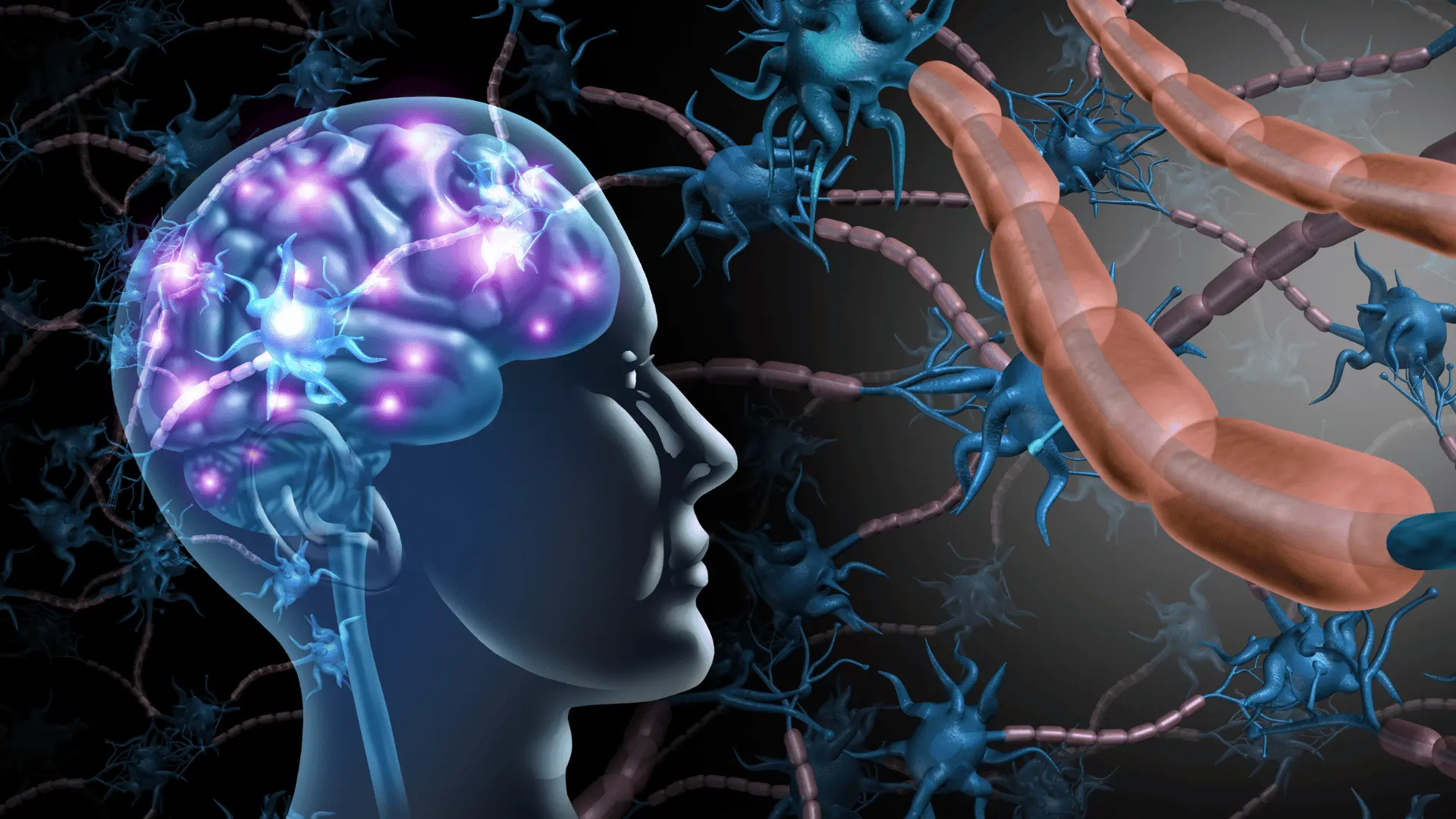The Connection Between GERD and Anxiety: What You Need to Know
Many people with GERD notice their symptoms worsen during periods of stress and anxiety. This isn't a coincidence - research shows a complex, bidirectional relationship between digestive health and mental well-being. In this article, we'll explore how anxiety can trigger GERD symptoms, how GERD can increase anxiety, and most importantly, how to break this cycle for better digestive and emotional health.

How Anxiety Can Trigger or Worsen GERD
Anxiety affects your digestive system in several ways that can contribute to GERD symptoms:
- Increased Stomach Acid: Stress hormones like cortisol can stimulate excess acid production in the stomach.
- Altered Esophageal Sensitivity: Anxiety may make you more aware of and sensitive to normal digestive sensations.
- Muscle Tension: Stress can cause the lower esophageal sphincter (LES) to tense and malfunction, allowing acid reflux.
- Breathing Changes: Anxious breathing patterns can increase abdominal pressure that pushes stomach contents upward.
- Dietary Changes: Stress often leads to poor eating habits like rushed meals, overeating, or consuming more trigger foods.

How GERD Can Increase Anxiety
The relationship works both ways - GERD symptoms can significantly impact mental health:
- Symptom Anxiety: Painful reflux episodes can create fear about eating or going out.
- Sleep Disruption: Nighttime reflux can lead to poor sleep, which exacerbates anxiety.
- Misinterpreted Symptoms: GERD chest pain is often mistaken for heart problems, causing panic.
- Social Impact: Dietary restrictions and symptoms can lead to social withdrawal and isolation.
- Vicious Cycle: The more you worry about symptoms, the worse they may become.
Breaking the GERD-Anxiety Cycle
Managing both conditions together often yields better results than treating them separately. Here are effective strategies:
- Mind-Body Techniques: Practice diaphragmatic breathing, meditation, or progressive muscle relaxation daily.
- Cognitive Behavioral Therapy (CBT): Helps reframe negative thoughts about symptoms and eating.
- Regular Exercise: Moderate activity reduces stress and may improve LES function.
- Sleep Hygiene: Elevate your head while sleeping and establish a calming bedtime routine.
- Mindful Eating: Eat slowly in a relaxed environment, chewing thoroughly.
- Using Dietary Supplements: Supplements such as l-theanine, ashwagandha, and magnesium might be beneficial to help anxiety related to GERD.
- Professional Support: Consider working with both a gastroenterologist and therapist.
